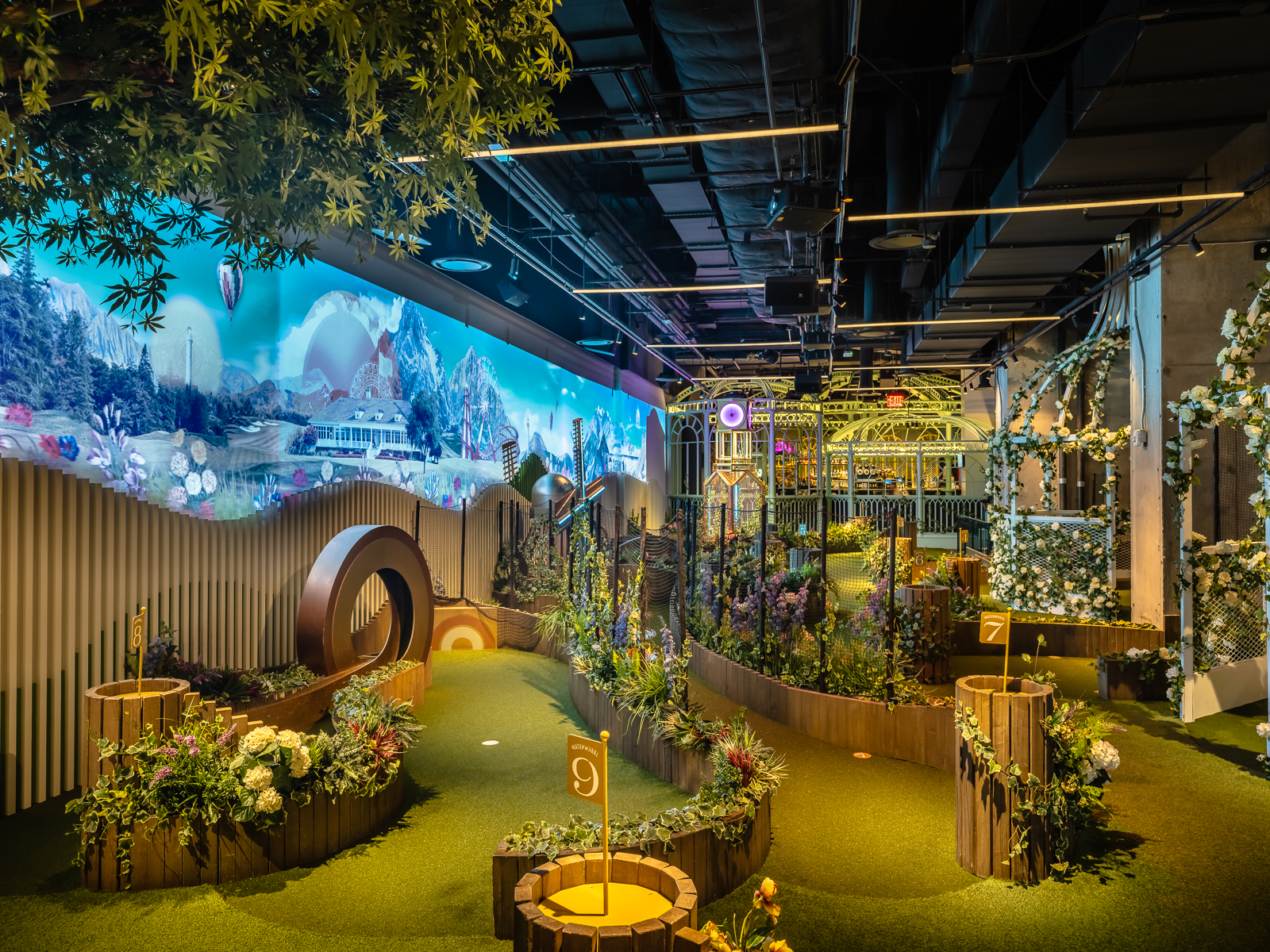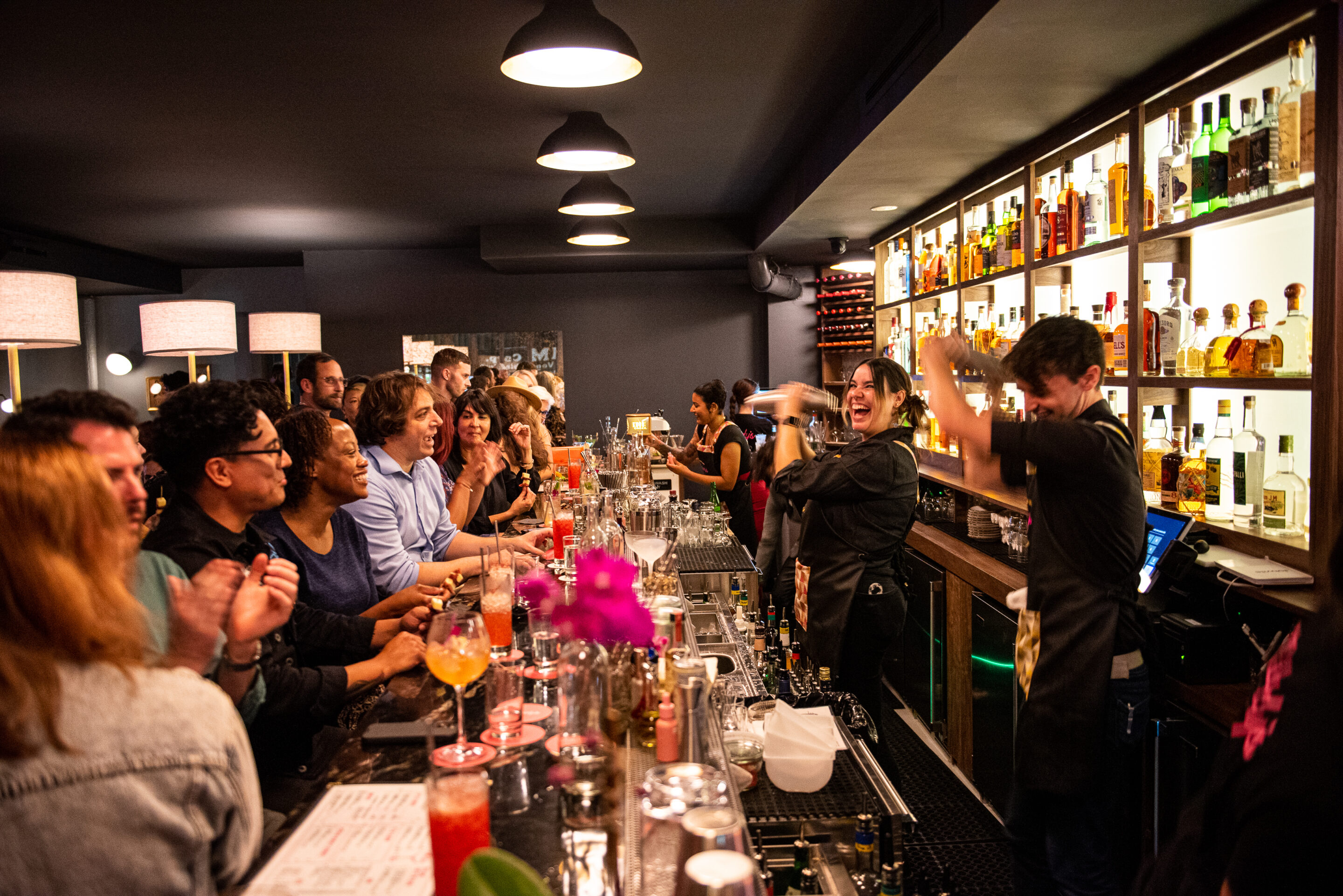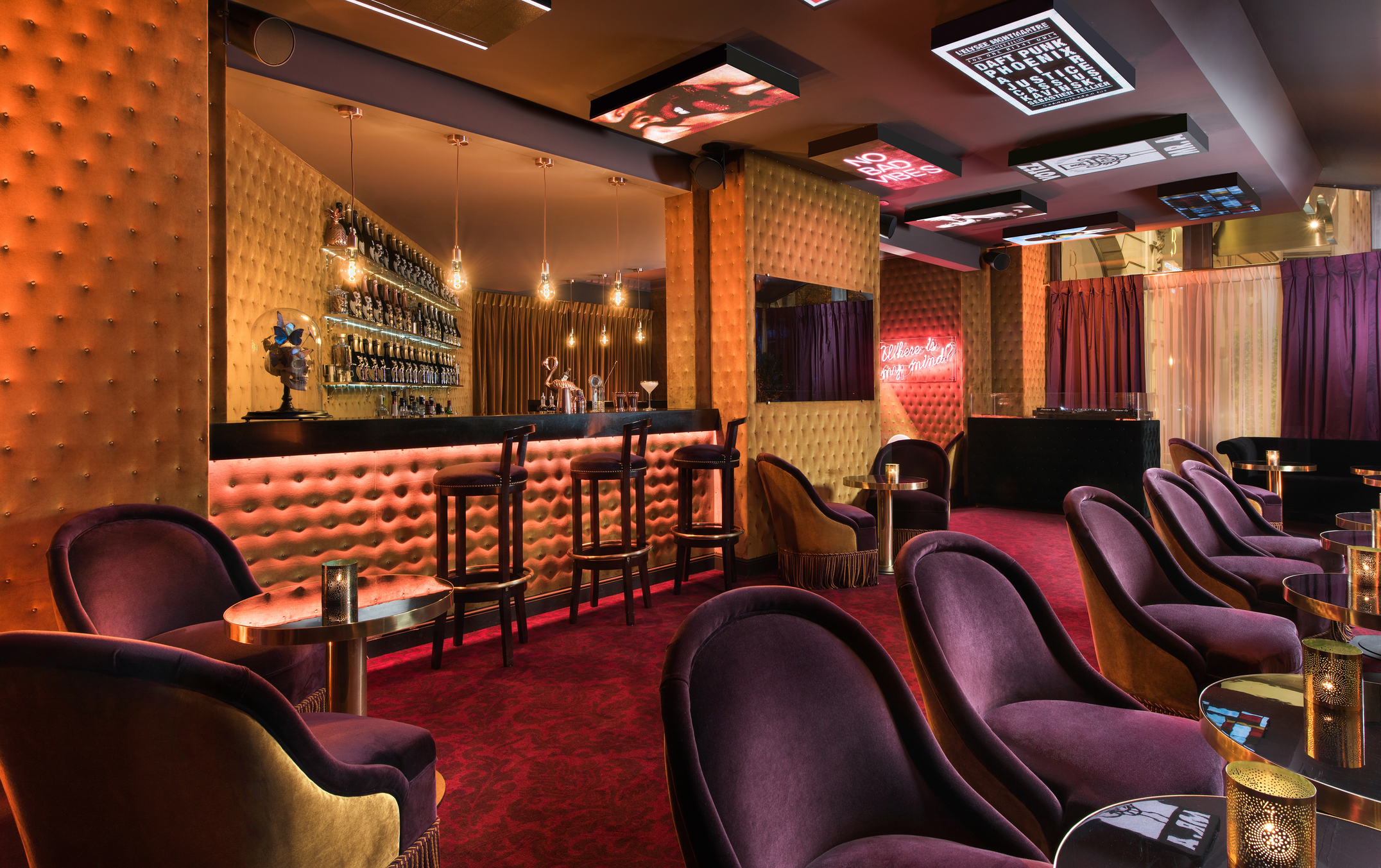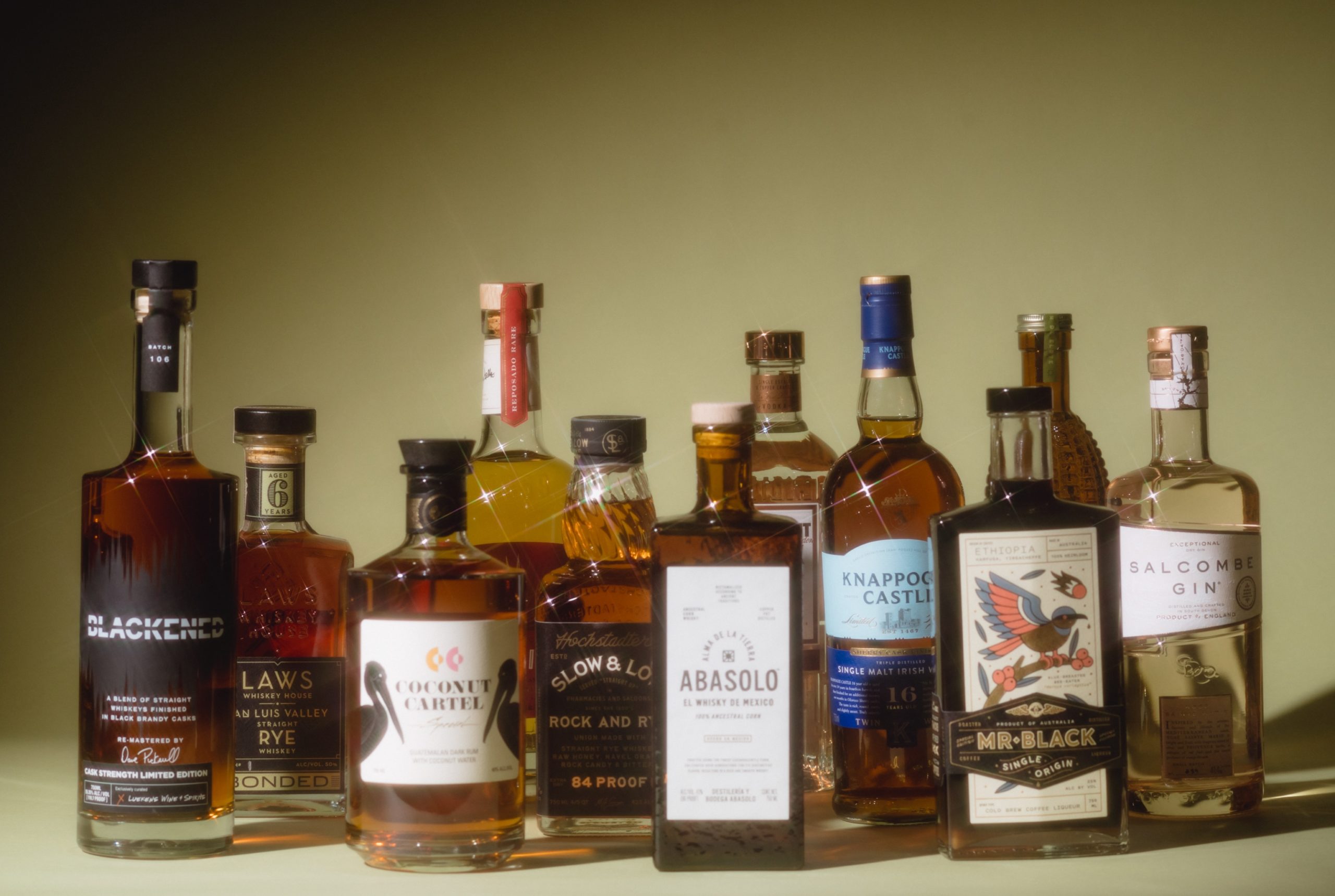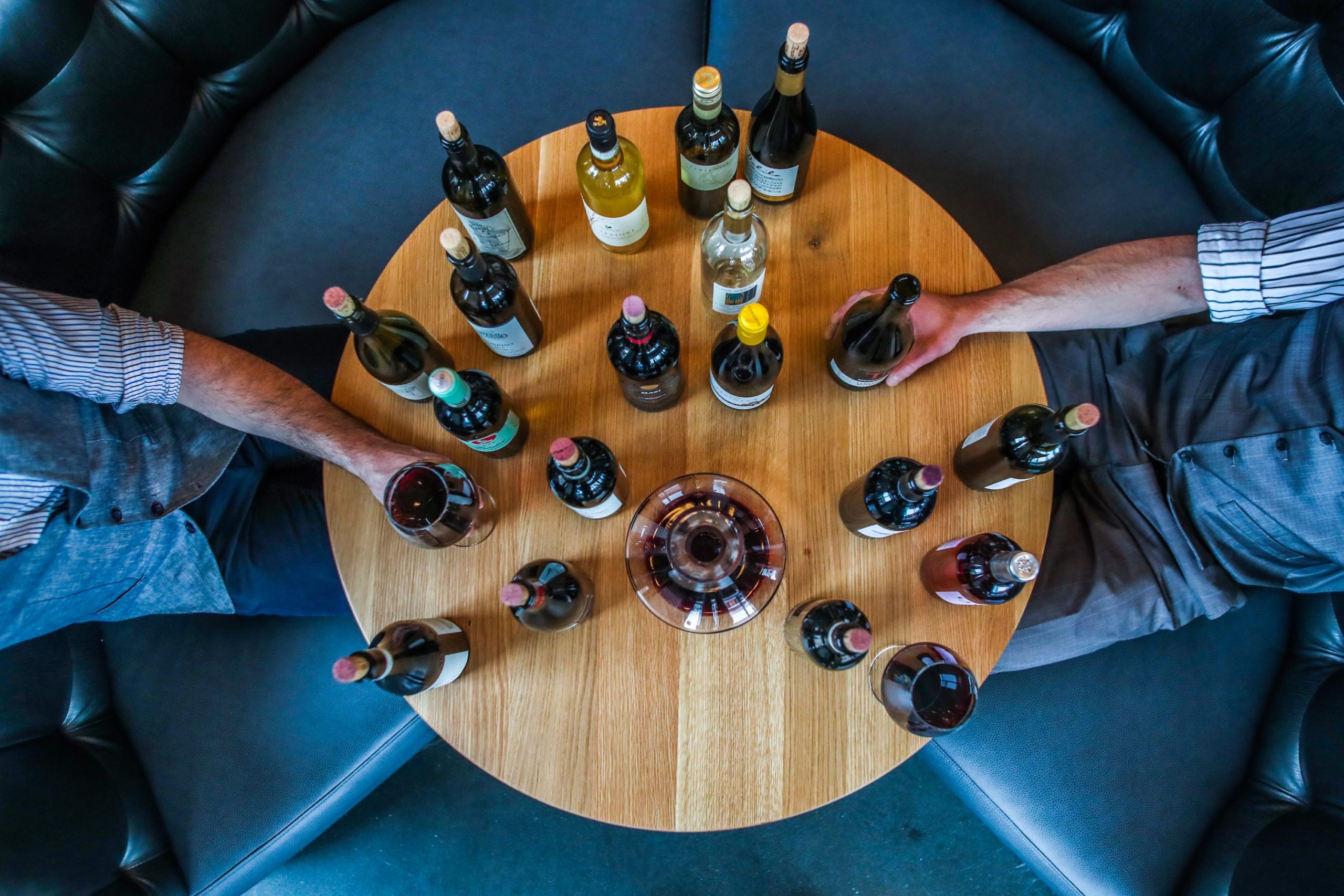Storing your wine in the correct environment is vital to ensure your wine can mature properly and develop to its full potential. Issues with storage can lead to problems in the maturing process and affect the flavors and aromas of your wine, and in turn the value.
Finding the perfect conditions can be tricky, so we’ve got you five top tips to help you achieve the perfect environment for your wine.
Temperature
Arguably the most important thing is to ensure that you’re storing your wine at the correct temperature consistently. All wine should be stored at 12°C (54°F) as this is the temperature by which the essential reactions will occur at the correct rate. You shouldn’t be storing your wine in line with serving temperatures; white, red, rosé, and sparkling wine should all be stored at the same optimum temperature.
If you don’t store your wine at the optimum temperature, this will largely impact the maturing process of your wine and it won’t develop properly. For instance, if you store all of your wine in warmer temperatures, such as the kind of temperature you would typically serve a red (16-20°C, 60-68°F) this will increase the rate of reaction. In doing this, the aging process will essentially occur too quickly and be rushed. Aromas and flavours won’t have the chance to properly develop and you’ll miss out massively!
On the other hand, if you store your wine in lower temperatures (such as the typical white serving temperature between 6-8°C, 43-45°F) the aging process will be inhibited. The cooler temperatures will prevent the particles inside the wine from producing enough kinetic energy to move freely and make the required compounds. This means that your wine won’t be able to develop and again you’ll be missing out.
The perfect temperature also needs to be maintained as wine is unable to develop in an on-and-off pattern. If the temperature begins to fluctuate, this will interfere with the aging and your wine will not develop as it should. In addition to this, wine needs a period of stability before it will begin to develop, so the consistency is very important.
Many different things can cause temperatures to fluctuate at home, the easiest and most reliable way to manage the temperature of your wine is by storing it in a room with temperature control or in a wine cooler.
Humidity
If the correct humidity is not maintained, there are a few things that can go wrong. If levels are too high, the air will become too moist and will provide the perfect environment for mold to grow. Not only will this produce odors, it can also damage the labeling on your bottle. This can massively impact the value of your wine as there is no way to prove the contents of the bottle if there is no original label.
When the humidity is too low the cork may dry out, meaning it will no longer fit the bottle. This can cause issues as the bottle will no longer be airtight, putting the contents at risk of oxidation which will spoil your wine completely. Moreover, open bottles can lead to the production of bad odours. These will not only contaminate the open bottle of wine but will seep through the corks of the unopened wine too and spoil them.
The ideal humidity for wine to develop can lie anywhere between 55-80%, this is affected by ambient temperatures. If your wine is being properly stored at the optimum temperature, generally the humidity levels will not be an area of concern for you.
UV Light
UV rays come from sunlight; it’s pretty well known that sunlight can interfere with chemical reactions. Wine is no exception, if it is exposed to too much sunlight the UV rays will speed up the maturing process. When wine ages prematurely, flavors cannot fully develop, and acidic tastes are produced. Your wine may also become discolored.
Wine bottles do provide some protection from UV rays; however, they are not UV treated. This means that if you are planning on long-term storage the best way to protect your wine is to store it completely out of sunlight. If you don’t have sufficient space available for your collection you may want to consider investing in a wine cooler as they are completely UV treated. This means that even if your wine was being stored somewhere in sunlight, the cooler will be able to protect it completely.
Vibrations
Another thing which can interrupt the aging process of your wine is external vibrations. These can come from regular everyday movements which would usually go completely unnoticed but do all add up!
When such vibrations occur, compounds inside the bottle are forced into other elements and therefore restrict the ability to complete the aging process. Your wine may also begin to split if the chemicals become separated, producing a very sour taste. The splitting of wine really impacts the value of wine and is a very difficult reaction to reverse.
It is not advised to store wine on racks as this increases the risk of vibrations. Wine coolers are equipped with rubber dampers to protect the wine, meaning that vibrations will not be able to damage the wine.
Bottle Positioning
The final thing you should consider when planning how to store wine at home is how you position your wine bottles. Wine coolers automatically provide the optimum bottle positioning to allow for the aging process to occur properly. They store wine horizontally to keep the cork moist, preventing it from drying out from the inside. In addition to this, they keep bottles on a slight angle, allowing for a ullage to be created. This also helps the maturing process.
Learn more about wine coolers, fridges, and cabinets at Elite Wine Refrigeration.

